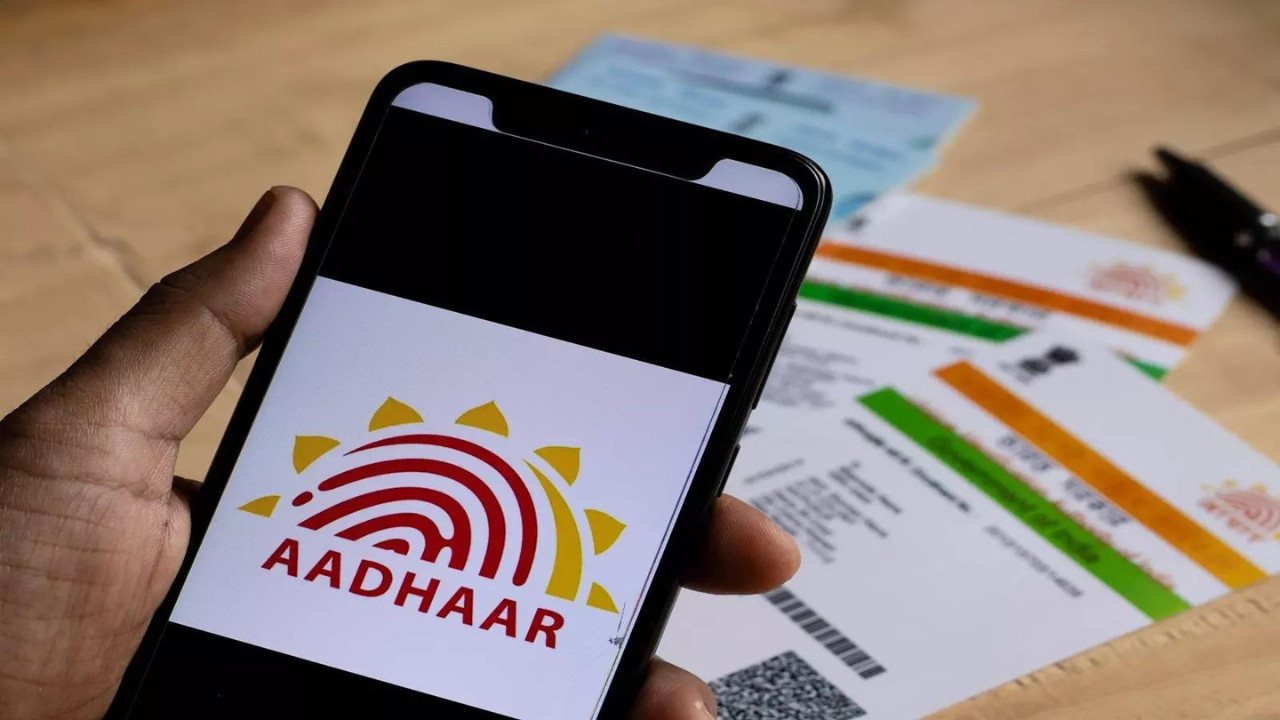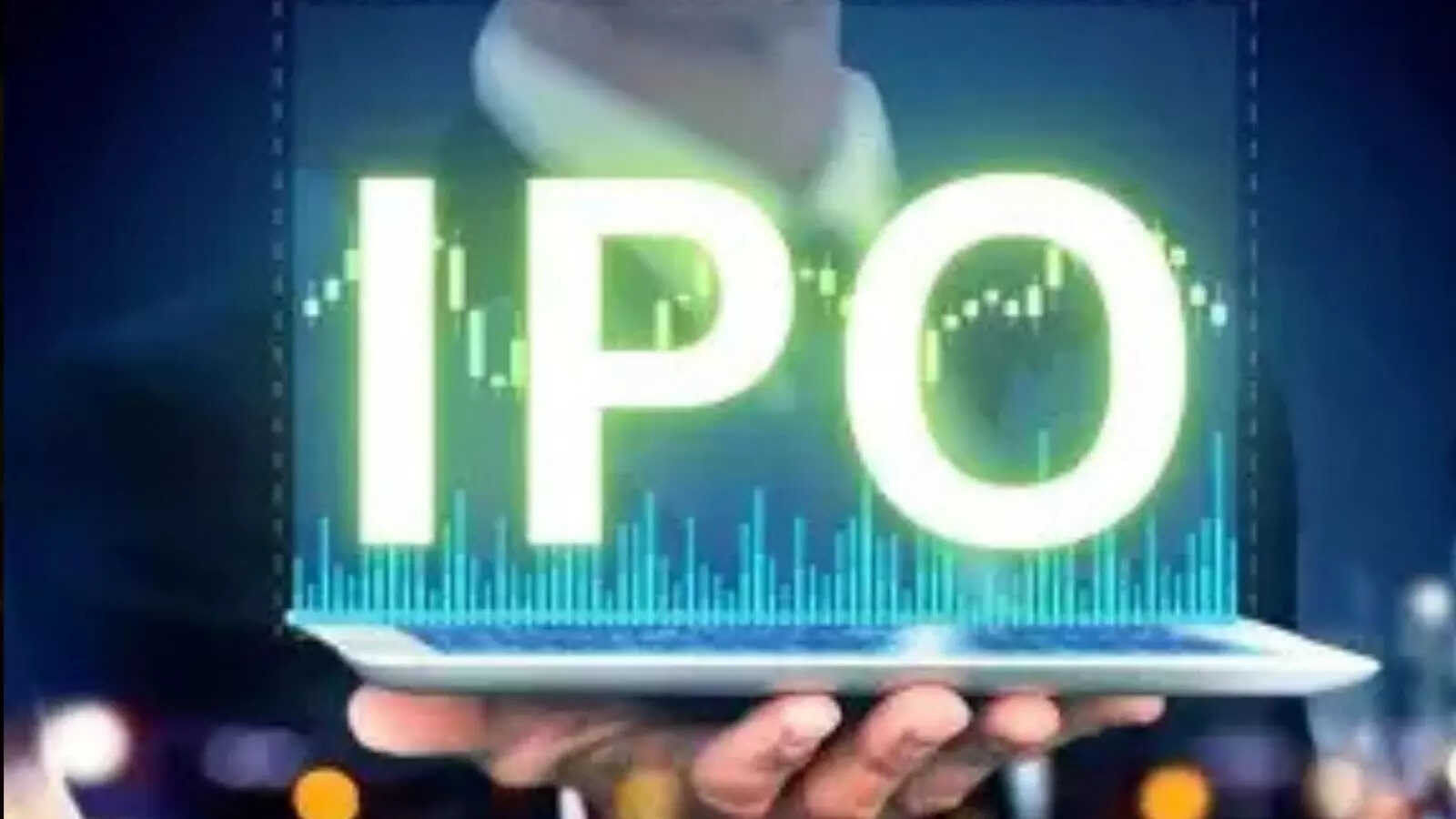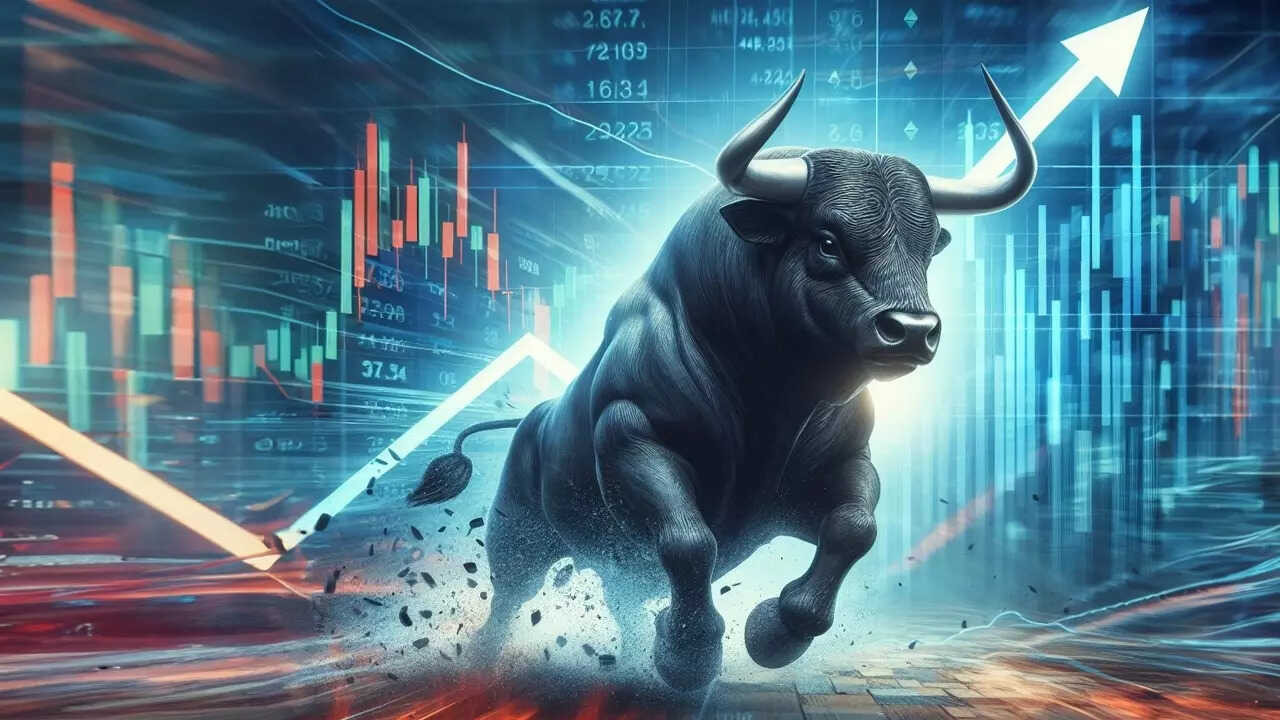Errol Musk, father of Elon Musk, lauded India’s commitment to green technology during his Delhi visit, highlighting the country’s potential in sustainability and energy efficiency. He expressed interest in Indian companies like Servotec that contribute to electricity conservation. While cautiously addressing Tesla’s entry, he acknowledged India’s rising power demands and admired its ancient civilization and spirituality.
Errol Musk on India: More Than Just a Market, It’s a Civilizational Force
Okay, let’s talk India. It’s a country that’s been buzzing in the global conversation for a while now, and the hum seems to be getting louder. Not just as a rising economic power, but as something… more. Something rooted in history and poised for a unique future. And who’s chiming in on this conversation? None other than Errol Musk, Elon’s father, with some pretty insightful takes.
Forget the usual tech-bro pronouncements about market potential and cheap labor. Errol’s perspective felt different, almost reverential. He sees India as a potent cocktail of ancient wisdom and modern ambition. He didn’t just focus on the GDP figures or the burgeoning startup scene, though those are definitely factors. He zeroed in on the core of what makes India, well, India.
What really struck me from his comments was this idea of India as a “world power with loving people.” It’s a simple phrase, but loaded with meaning. We often associate power with aggression, with military might or cutthroat business practices. But Errol’s observation suggests a different kind of power, one that stems from a deeply ingrained sense of empathy and community. Think about the concept of “Vasudhaiva Kutumbakam,” the world is one family – it’s more than just a feel-good slogan; it permeates the Indian ethos.
He also highlighted India’s rich heritage, its ancient civilizations, and the enduring impact they have on the present day. This isn’t just about dusty museum pieces or historical anecdotes. It’s about the underlying philosophies, the ethical frameworks, and the spiritual depth that continue to shape the nation’s identity and influence its approach to global issues. This historical weight, he seems to suggest, gives India a unique perspective, a long-term vision that’s often missing in the West’s more short-term, quarterly-report-driven mindset.
Now, let’s be honest, Errol Musk is a controversial figure. Some might dismiss his views as just another wealthy guy throwing his opinion around. But even if you take his pronouncements with a grain of salt, there’s a kernel of truth in what he’s saying. India is playing an increasingly significant role on the world stage. And it’s not just because of its sheer size and economic growth.
It’s because India offers a different model. A model that balances economic progress with social responsibility, technological advancement with cultural preservation. Think about the emphasis on sustainable development, the focus on inclusive growth, and the efforts to leverage technology for the betterment of society. These are not just buzzwords; they’re genuine priorities that are shaping India’s trajectory.
Moreover, India’s soft power is undeniable. Bollywood, yoga, and Indian cuisine are just a few examples of how Indian culture has permeated global consciousness. This isn’t just about exporting products; it’s about sharing values, ideas, and a unique way of life that resonates with people across cultures. And that, in itself, is a powerful force.
Errol also touched upon the potential of India to bridge divides and foster cooperation on a global scale. Given its historical neutrality and its commitment to peaceful conflict resolution, India is uniquely positioned to act as a mediator and a bridge-builder in an increasingly polarized world. Think about its role in organizations like the BRICS and the Non-Aligned Movement. India has always strived to be a voice for the developing world, advocating for a more equitable and just global order.
Of course, it’s not all sunshine and roses. India faces its fair share of challenges, from poverty and inequality to infrastructure gaps and bureaucratic hurdles. But the very fact that India is grappling with these challenges while simultaneously striving for economic growth and global influence is a testament to its resilience and its determination.
What I took away from Errol’s comments, more than anything, is a sense of optimism about India’s future. It’s a future where India not only becomes a global economic powerhouse, but also a moral compass, a cultural ambassador, and a force for peace and understanding in the world. This vision may sound idealistic, but it’s not unrealistic. India has the potential, the resources, and the will to make it happen.
Ultimately, the story of India is still being written. But one thing is clear: it’s a story that the world needs to pay attention to. It’s a story that offers valuable lessons, inspiring examples, and a glimpse into a future where power is not just about might, but about empathy, wisdom, and a genuine desire to make the world a better place. And Errol Musk, surprisingly, offered a compelling snapshot of that evolving narrative. It might be worth pondering.
📬 Stay informed — follow us for more insightful updates!







